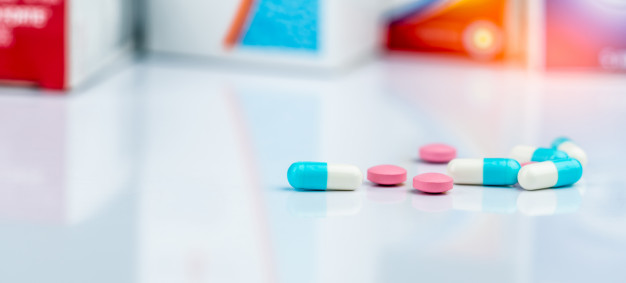
Antimicrobial resistance is a clinical major global problem resulting in deaths of people of all ages.
The discovery of antibiotics was one of the greatest medical discoveries for mankind, but has been severely challenged by inappropriate and excessive use.
This serious situation must be reversed by education, research and discovery of new and novel agents if we are to prevent this from accelerating.
Prof George Griffin – President of FEAM
At a time when the antibiotic consumption has been increasing due the pandemic, never has a World Antimicrobial Awareness Week and the European Antibiotic Awareness Day become so relevant.
Combating resistance to antimicrobials is a mission for all actors in society, from prescribing physicians to patients, from the pharmaceutical and agricultural industries, but also involving policy makers.
Identifying it as a top priority issue, FEAM has shown its support to this initiative, which this year takes place between 18-24 November.
The initiative aims to increase awareness of global antimicrobial resistance (AMR) and to encourage best practices among the general public, health workers and policy makers to stop the further emergence and spread of drug-resistant infections.
AMR occurs when bacteria, viruses, fungi, and parasites change over time and no longer respond to medicines, making common infections harder to treat and increasing the risk of disease spread, severe illness and death.
“Antimicrobial resistance is a clinical major global problem resulting in deaths of people of all ages. The discovery of antibiotics was one of the greatest medical discoveries for mankind, but has been severely challenged by inappropriate and excessive use”, said Professor George Griffin, President of FEAM.
In order to solve this “serious situation”, the Emeritus Professor of Infectious Diseases and Medicine at St George’s, University of London, pointed to the need of “education, research and discovery of new and novel agents if we are to prevent this from accelerating”.